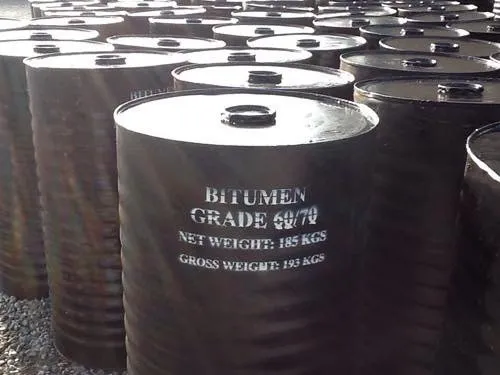Bitumen, a crucial material in the construction and maintenance of roads and other infrastructure, is categorized into various grades based on its physical and chemical properties. The grading system helps in selecting the appropriate type of bitumen for specific applications, ensuring optimal performance and durability.
Bitumen grades are typically determined by factors such as penetration levels, viscosity, and temperature susceptibility. Common grading systems include:
1. Penetration Grades**: Measured in units of 1/10 mm, these grades indicate the hardness or softness of the bitumen. Higher penetration values signify softer bitumen, suitable for low-temperature applications.
2. Viscosity Grades: These grades reflect the bitumen's flow characteristics at elevated temperatures, providing insights into its performance under mechanical stress.
3. Performance Grades (PG): This method considers the climatic conditions and loading scenarios the bitumen will face, giving a more comprehensive understanding of its longevity and effectiveness.
The selection of the right bitumen grade is essential for ensuring the longevity and stability of asphalt pavements and is influenced by factors such as traffic loads, environmental conditions, and specific project requirements. By utilizing the appropriate grade, engineers can enhance the performance and lifespan of asphalt surfaces, leading to safer and more durable infrastructure.


